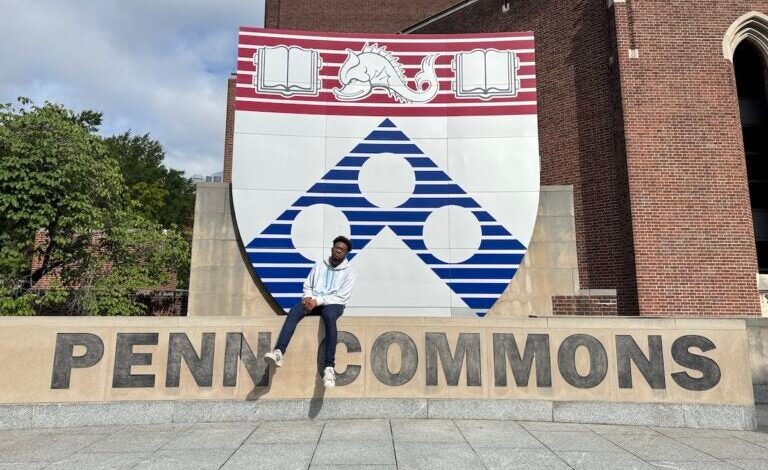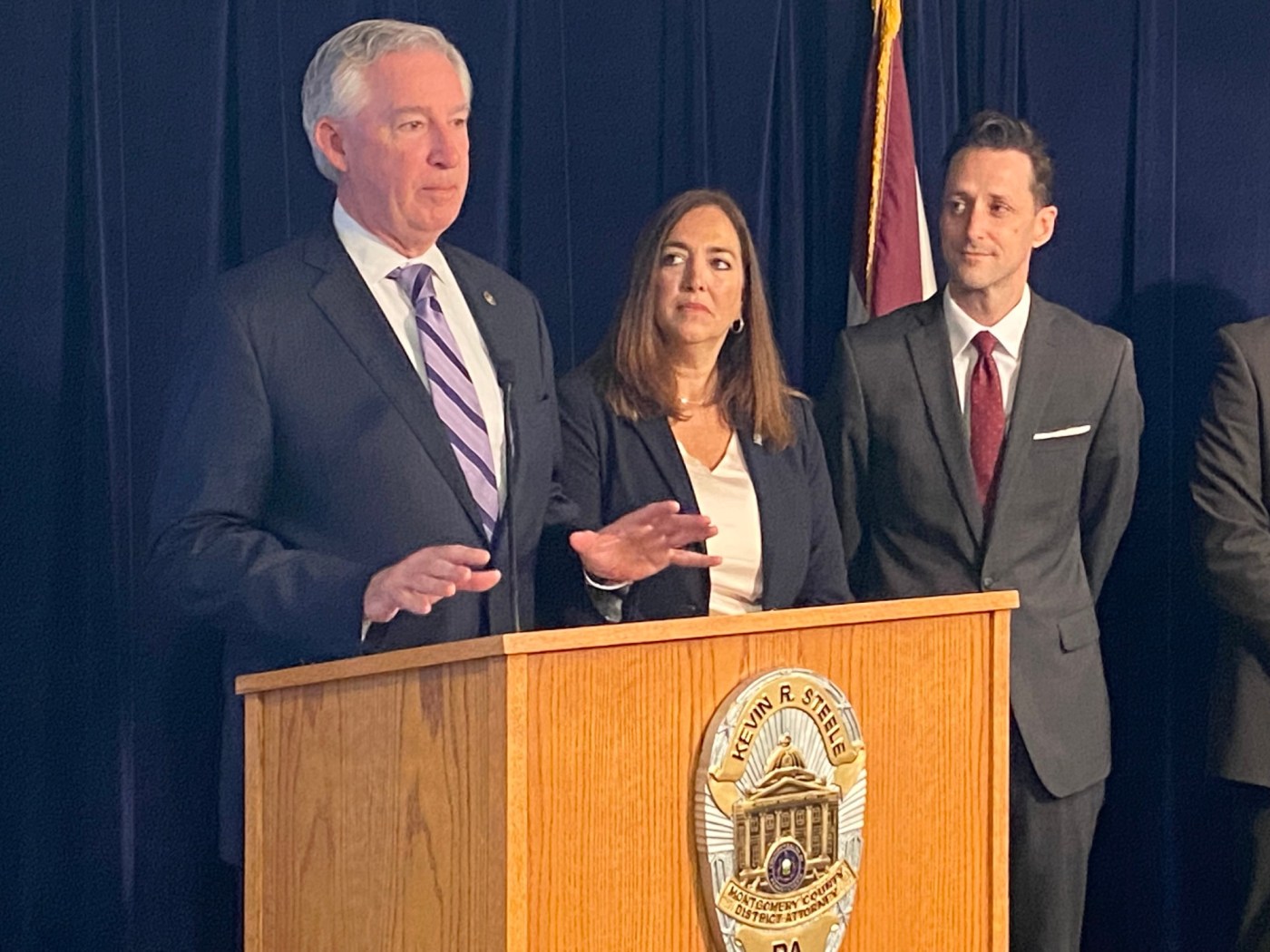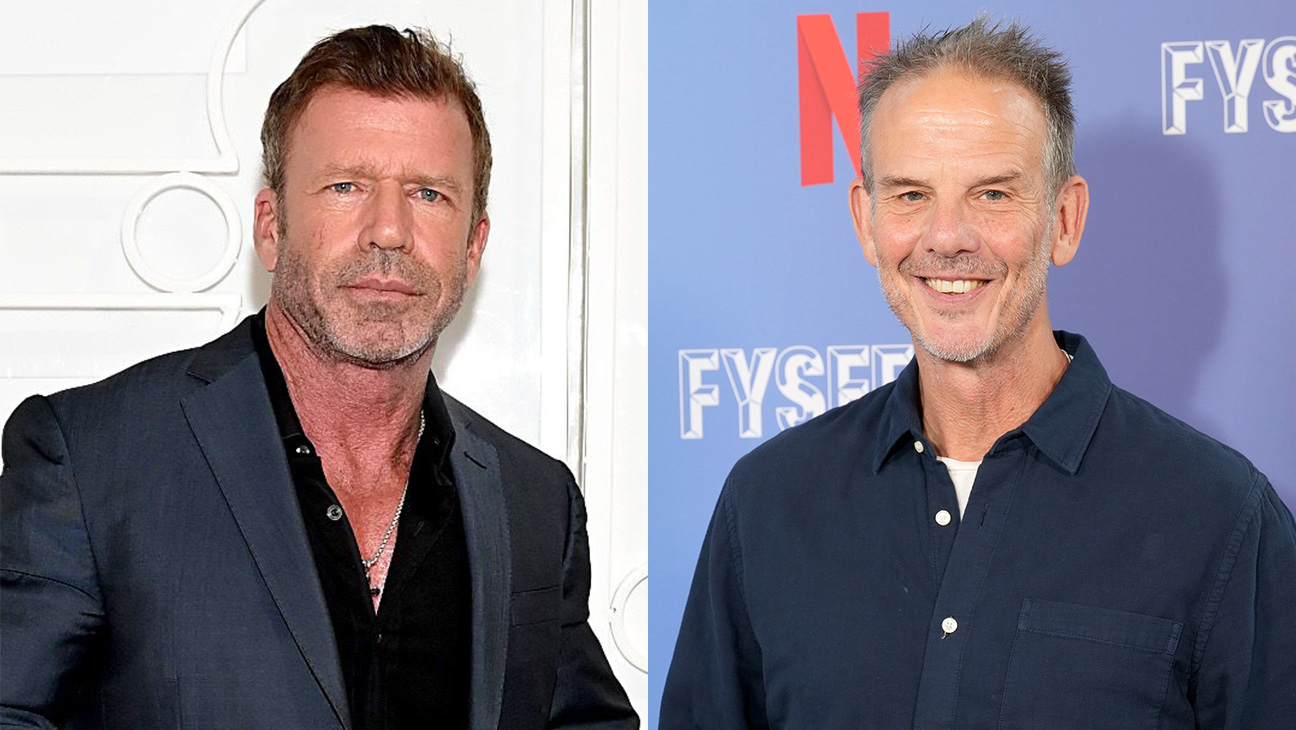Students Face Ivy League Pressure as Admissions Race Heats Up

The pursuit of admission to Ivy League schools is intensifying among students, leading many to experience overwhelming pressure and burnout. Institutions such as Harvard, Yale, and Princeton symbolize academic success, but the race to secure a place within these elite universities has become increasingly competitive and starts at an alarmingly young age.
For Selah Derby, a 17-year-old high school senior, the drive to excel began in the third grade with aspirations of attending Harvard. “I was like, ‘I’m going to Harvard because I want to be president of the United States,’” she recalled. This early ambition brought with it a relentless pursuit of perfection, manifesting in self-imposed expectations for flawless grades and extracurricular achievements.
This experience is echoed by many students across the country, who internalize the belief that their futures depend on acceptance into one of eight prestigious institutions. Such pressure cultivates a climate of anxiety, overwork, and self-doubt that persists even in moments of success.
Emmy McGill, also 17, reflects on her own experience within this culture. “I was looking online at these videos where people were talking about their extracurriculars—insane things like internships with U.S. senators,” she said. “I felt like it became this race to always do more and to always be competing.”
Pawan Dhingra, author of Hyper Education: Why Good Schools, Good Grades, and Good Behavior Are Not Enough, describes this escalating competitive environment as a significant cultural shift. “It starts to create a new normal,” said Dhingra, who teaches sociology at Amherst College. With the focus shifting toward outdoing peers, students begin to feel that meeting grade-level expectations is insufficient.
The competitive atmosphere is exacerbated by social media, where college admissions are often treated as a performance. Platforms like Reddit, TikTok, and Instagram feature users sharing potentially fabricated admissions success stories, increasing feelings of inadequacy among students. Emmy noted that this online culture fosters a sense of comparison, where individuals measure their worth against the achievements of anonymous users.
Each spring, countless teenagers participate in “decision reaction videos,” capturing their emotional responses to Ivy League acceptance or rejection letters. The most dramatic moments frequently go viral, transforming personal milestones into a public spectacle. This constant competition, both online and offline, contributes to what psychologists term “achievement inflation.”
In this context, the bar for success is continuously raised, creating the perception that only extraordinary accomplishments are acceptable. Emmy expressed the weight of these expectations, noting that the struggle to be exceptional can overshadow the intrinsic value of learning. “It’s this huge idea that you have to be better and stronger and cure cancer to get into an Ivy League,” she said.
The ramifications of this intense pressure extend beyond academics. Many students report feelings of guilt, exhaustion, and isolation, even amid their achievements. Emmy admitted, “I’ve almost felt guilty sometimes for doing all the things that I do and being excited about it.” Selah echoed these sentiments, fearing that failure to meet her high expectations would lead to long-lasting dissatisfaction.
Dhingra warns that such environments foster burnout, anxiety, and depression. He emphasizes the importance of aligning expectations with genuine interests rather than external pressures. He stated, “If what you’re hoping to get out of this is academic growth along with nurturing an interest, then that’s great. But if you’re trying to reach a level of excellence that’s years beyond grade level, then you’re going to end up burning your child out.”
Acceptance rates at Ivy League schools remain low, with institutions like Harvard admitting just 3.6 percent of applicants for the class of 2028, Yale 3.9 percent, and the University of Pennsylvania 5.5 percent. These daunting statistics underscore the inevitability of rejection for many students, leaving them to grapple with the implications of their aspirations.
Selah faces this reality as she approaches her senior year. “Other people get to just enjoy school. For me, it’s about one thing,” she said, highlighting the suffocating pressure to perform. “If I don’t get it—and there’s a very slim chance that I do—then I don’t know what happens next.”
Ohm Desai, a recent graduate from the Wharton School at the University of Pennsylvania, understands this feeling. “I think it’s worth it because I achieved it—not because of the intrinsic value that Wharton in itself provides.” His perspective reveals a paradox where the achievement of acceptance overshadows the actual educational experience.
For many students, the relentless pursuit of Ivy League admission often leads to a distorted sense of self-worth. The challenge lies not only in gaining acceptance but in recognizing that personal value should not hinge on a letter from an admissions office.
As students like Selah and Emmy navigate this increasingly demanding landscape, it is crucial to remember that true success may be less about the prestige of the institution and more about the personal growth and resilience developed along the way.






